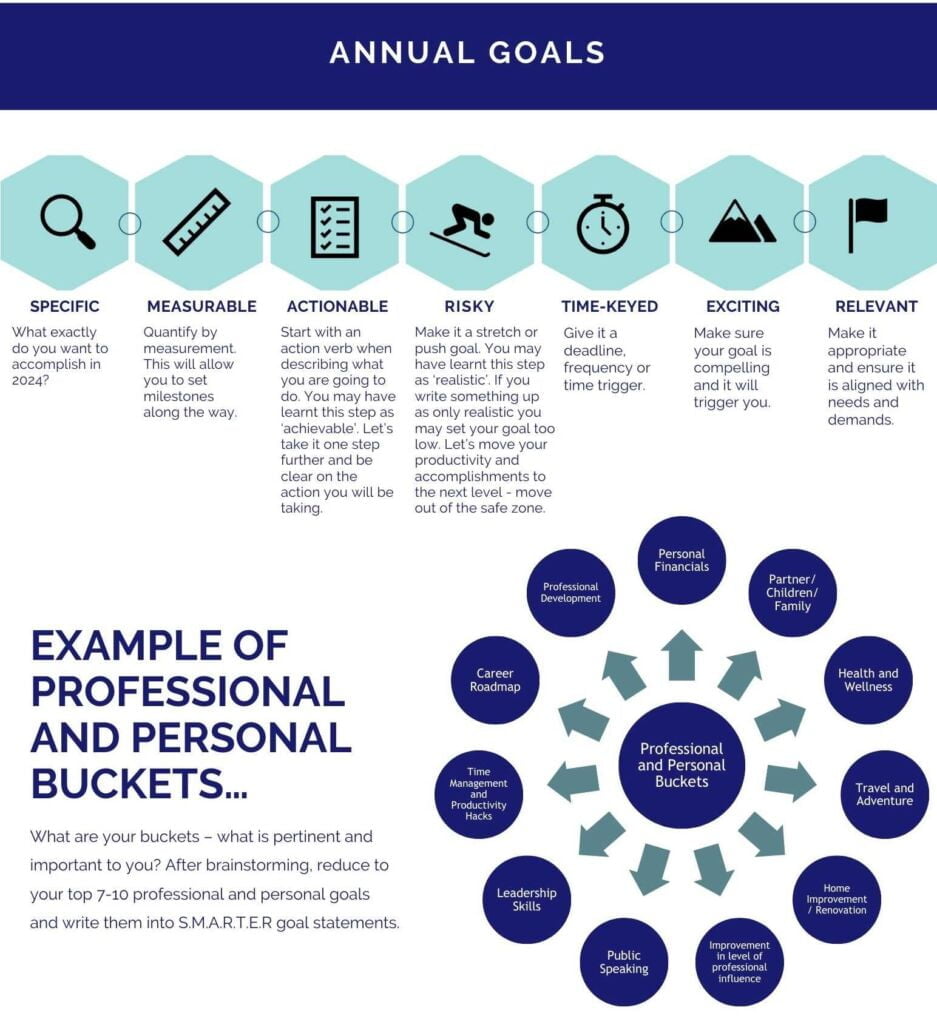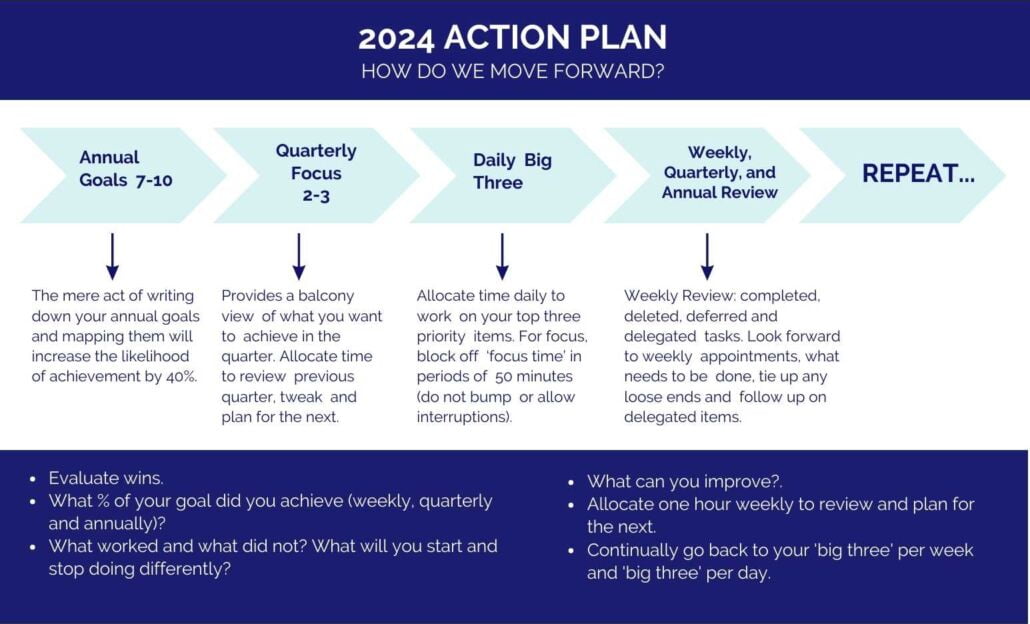Evolving Leadership: From Leader-Follower to Leader-Leader Model
Evolving Leadership: From Leader-Follower to Leader-Leader Model
In the dynamic landscape of today’s organizations, leadership paradigms have undergone significant transformation. Traditional hierarchical structures, epitomized by the leader-follower model, are giving way to more empowering frameworks like the leader-leader model. Understanding these models and their implications for career advancement is pivotal for aspiring leaders and seasoned professionals alike.
The Leader-Follower Model:
Historically, the leader-follower model was the cornerstone of organizational hierarchies. However, this model falls short in today’s knowledge-based economy, where many employees engage in cognitive work. When individuals are relegated to mere followers and stripped of decision-making authority, they become passive participants in the organizational process. Their potential for innovation and contribution remains untapped, leading to diminished motivation and suboptimal performance.
Moreover, the leader-follower dynamic fosters a culture of dependency, where individuals rely heavily on directives from above, stifling creativity and initiative. This top-down approach may result in missed opportunities for growth and innovation, as valuable insights from the frontline are overlooked in favour of centralized decision-making.
The Leader-Leader Model:
In contrast, the leader-leader model operates on the fundamental belief that leadership is not confined to a select few at the top of the organizational hierarchy. Instead, it recognizes that everyone within the organization can lead and contribute meaningfully to its success. This model fosters a culture of ownership, accountability, and innovation by empowering individuals at all levels.
In a leader-leader culture, employees are treated as valued assets, entrusted with decision-making authority, and encouraged to think and act like owners. This autonomy not only enhances motivation and engagement but also unleashes the full potential of individuals, driving organizational performance and adaptability. By distributing control and responsibility, the leader-leader model harnesses the collective intelligence and creativity of the entire workforce, propelling the organization toward its goals.
Key Takeaways for Career Advancement:
For individuals aspiring to advance their careers, embracing the principles of the leader-leader model can yield numerous benefits:
In conclusion, transitioning from the leader-follower to the leader-leader model signifies a fundamental shift in conceptualizing and practicing leadership. By empowering individuals at all levels, organizations can unlock untapped potential, drive innovation, and foster a culture of excellence. Embracing the principles of the leader-leader model benefits organizational success and paves the way for individual career advancement and fulfillment.
_______________________________________________________________________________________________________________
Control, Competency, and Clarity in Leadership
Leadership is not one-dimensional; successful leaders demonstrate a range of attributes such as emotional intelligence, adaptability, empathy, vision, communication skills, integrity, the ability to inspire others, control, competency, and clarity in direction. Effective leaders understand the importance of balancing these diverse skills and strategies and adapting their approach to meet the evolving needs of their teams and organizations.
I will focus on three areas: control, competence, and clarity. They can help you unlock the full potential of your team and propel an organization toward excellence.
Control:
Central to effective leadership is the art of decentralized decision-making. By relinquishing control and empowering individuals at all levels to make decisions, leaders ignite a sense of ownership and initiative within their teams. This decentralized approach not only fosters autonomy but also fuels motivation and engagement. When employees feel empowered to take ownership of their work and contribute meaningfully productivity soars, and results are amplified. Empowering individuals to control their destinies is the cornerstone of a thriving and dynamic organizational culture.
Competency:
Leadership success is built on a foundation of competency and knowledge. By prioritizing developing individuals’ skills and expertise, leaders equip their teams with the tools to make informed decisions and drive organizational success. Investing in continuous learning and development enhances individual competence and cultivates a culture of innovation and adaptability. When employees are equipped with the necessary skills and knowledge to excel in their roles, they become valuable assets to the organization, capable of navigating challenges and seizing opportunities confidently and competently.
Clarity:
Clear communication is essential for aligning individual efforts with organizational objectives. Leaders must ensure that every employee understands the overarching goals of the organization, as well as how their contributions fit into the larger picture. By cascading organizational goals down to the individual level and integrating them with professional development objectives, leaders create a sense of purpose and direction within their teams. When employees have clarity regarding expectations and objectives, they are better equipped to prioritize their efforts and align their actions with strategic priorities. Clarity breeds focus, cohesion, and alignment, driving organizational performance and results.
Leadership success is predicated on control, competency, and clarity. By empowering individuals, fostering competence, and promoting clarity of purpose, leaders can unleash the full potential of their teams and achieve extraordinary results. Embracing these critical areas of success is essential for driving organizational performance and cultivating a culture of excellence and innovation.
Reach out today to learn more about how Jenny Reilly Consulting can help you with your 2024 goals. You can book a complimentary 30-minute consultation. Or, please email askme@jennyreilly.com to coordinate a convenient consultation time.




 4. Celebrate Achievements And Win
4. Celebrate Achievements And Win 12. Optimize Your Workspace
12. Optimize Your Workspace